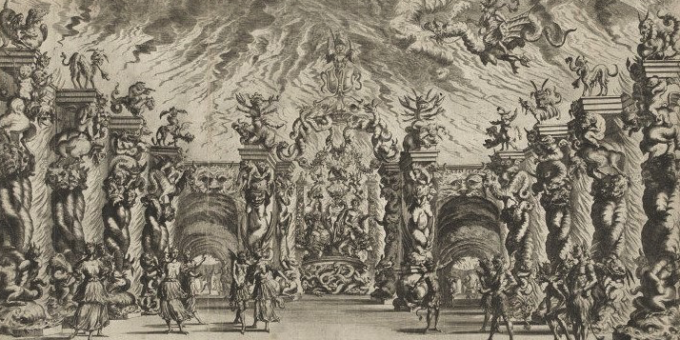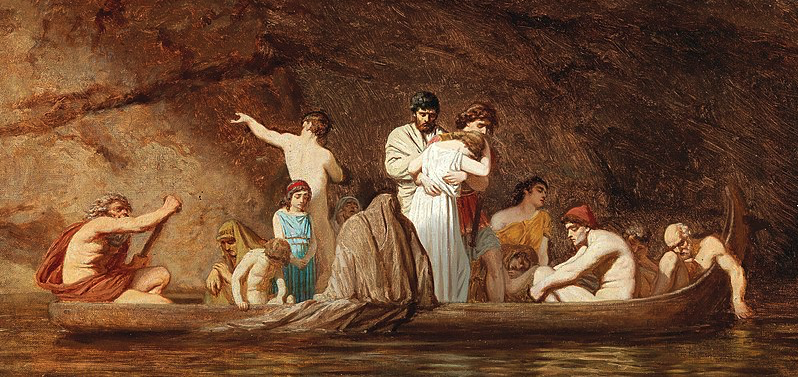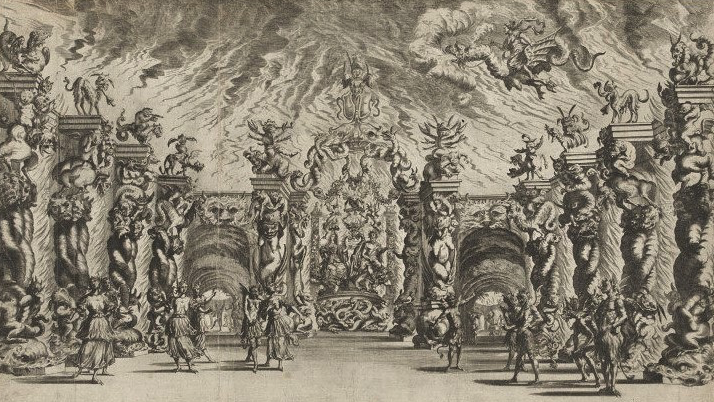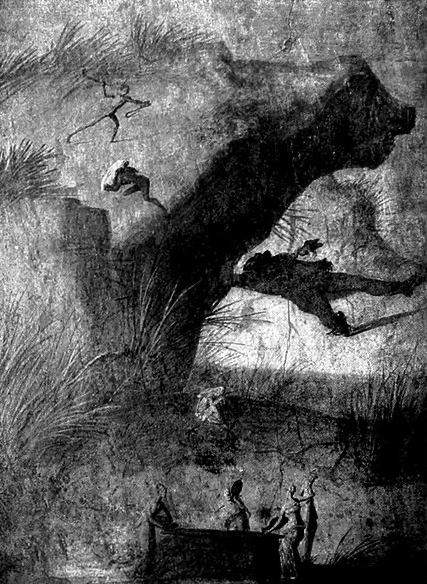
The ancient Romans had a rich and fascinating concept of the afterlife, which was deeply intertwined with their religious beliefs and practices.
One of the most intriguing aspects of the Roman afterlife was the journey of the soul to the underworld, a journey that was often imagined as a physical descent into the realm of the dead.
Here are some of the key elements of the ancient Roman traditions surrounding this journey.
The Underworld as a Physical Place
The Romans believed that the underworld was a real, physical place located beneath the earth. The journey to the underworld was seen as a literal descent into the depths of the earth.

Charon
Charon, the ferryman of the underworld, was seen as the guardian of the underworld and the one responsible for transporting the souls of the dead across the rivers that separated the world of the living from the world of the dead.
Descent of Orpheus
One of the most famous tales of the journey to the underworld was the story of Orpheus and Eurydice. In this story, Orpheus descended into the underworld to retrieve his wife from the grasp of death. This tale was a major influence on Roman beliefs about the afterlife and the journey of the soul to the underworld.

Offerings
Offerings were a crucial part of the journey to the underworld. The Romans would leave offerings of food, drink, and money at the tombs of the deceased, both to comfort the dead and to ensure that they would have the resources they needed for their journey.
Magic and Incantations
Magic and incantations were also believed to play a role in the journey to the underworld. Spells and incantations were used to guide the soul of the deceased on its journey, to protect it from harm, and to ensure a smooth and peaceful transition into the afterlife.

Experience of the Deceased
The journey to the underworld was seen as a journey of the soul, not the physical body. The soul was believed to retain its consciousness and memory, and to experience the underworld in much the same way as it experienced life on earth.
Final Destination
Finally, the journey to the underworld was not seen as a final destination, but rather as a temporary state. The Romans believed in the possibility of reincarnation, and saw the afterlife as a place where the soul could rest and be purified before moving on to a new life.

